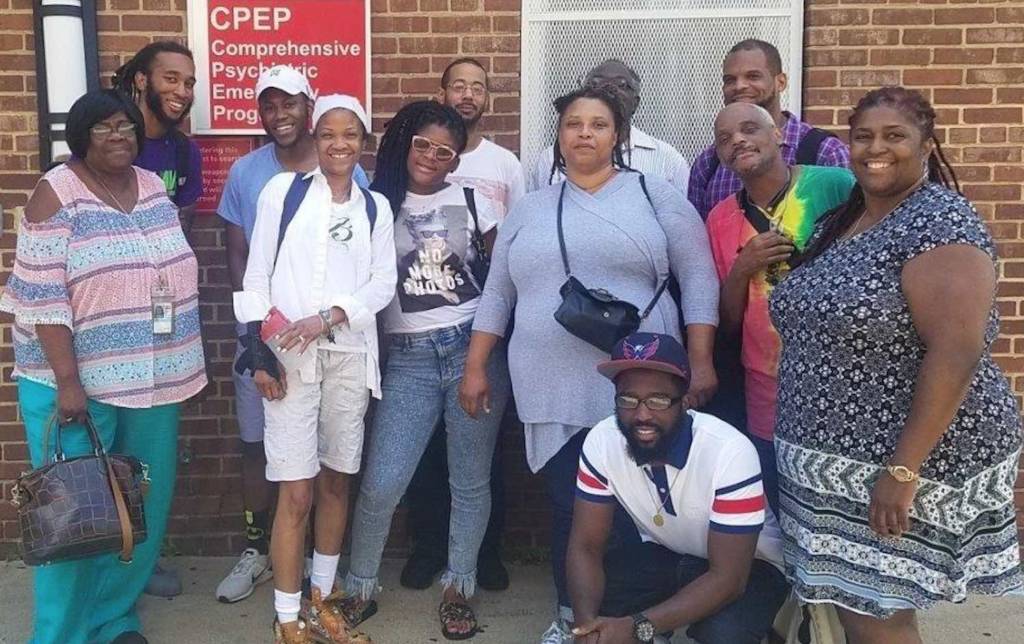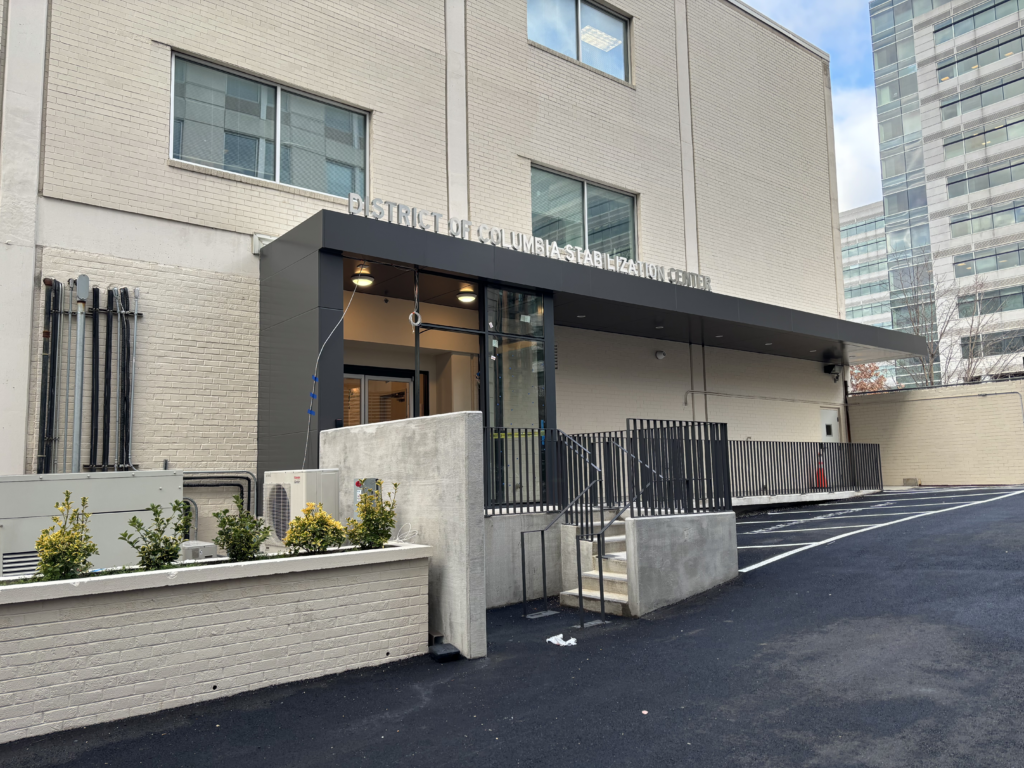After experiencing homelessness for more than 27 years, Lynda Jordan said becoming a “peer specialist” changed her life. Since enrolling in the program, she has secured her own apartment and been hired by the D.C. Department of Behavioral Health.
In 2004, DBH began offering training sessions for people who struggle with mental health and substance abuse to become certified to help others navigate similar challenges.
“Everything that affects my life, I use to help other people learn how to live with their life,” said Jordan, who struggled with alcohol and cocaine addiction in the past. When she signed up for training, Jordan was already in recovery. But engaging in the program greatly helped her maintain sobriety and mental wellness. Jordan is currently working at office of consumer and family affairs to help more consumers of behavioral health services.
The application is open to D.C. residents with two years of behavioral health recovery. One of the its focuses is people recovering from substance abuse. There are two tracks, one focused on families and the other focused on single adults over the age of 18.
The peer specialists include a wide range of abilities, identities, and previous experiences. Some have been homeless, some live with disabilities, some live with behavioral health issues and some, like Jordan, are in recovery.
The specialists are models for personal recovery from mental illness and substance abuse. They have a variety of responsibilities including but not limited to assisting others to develop personal goals, helping to monitor progress, learning coping techniques, teaching others self-help strategies, and building community support.
Raphaelle Richardson, director of the DBH Consumer and Family Affairs Administration, has worked side by side with the peer specialists for more than two years. She said it is rewarding to see participants connect their old selves to their new selves. Many participants in the program used to have trouble dealing with substance abuse, depression or other issues. By helping others face those similar obstacles, they maintain their own sobriety and stay connected with other people.
The most important aspect of this program is the community it has built among the peers, according to Richardson. “That’s what keeps me here almost every night,” she said.
Richardson described one instance when someone with suicidal thoughts walked in to meet with one of the peers. Through the relationship that started that day, he eventually found enough “love and respect” and changed his plans.
The role of the peers is to reach out to consumers of mental health services and take care of their behavioral health. The peers are now doing a survey of DBH service recipients regarding the effectiveness of the program and are eager to see the positive feedback.
The training program started with two 20-student classes offered in 2004. Seven years later, the program had expanded to training more than 170 peer specialists. Each class still has between 10 and 20 peers. Classes are kept small in order to encourage interpersonal connections, according to Adrienne Lightfoot, who coordinates the training program.
The training lasts for six weeks. The purpose of this program is to provide people who experienced mental illness and substance abuse an opportunity to inspire others who currently live with similar situations.
The curriculum is taught by a group of experts in different subjects. The peers have to attend 70 hours of class and complete 80 hours of practice. During the practice phase, peers are paired with a service provider as interns. After they’ve completed their practice hours, the peers have to pass a test to receive the certificate. The peers usually became experts in the fields they were recovering from when the program finished. A good portion of the program participants are hired by the providers they interned with, according to Lightfoot.
Charles Gervin was hired by McClendon Center as a peer specialist after his internship. He suffered from depression many years ago but now he has helped numerous consumers of mental health services make improvements in recovery. He said he felt connected to the “community of shared resources” throughout this program.
Gervin learned how to cope with depression from his peers and encourages people with mental health problems to actively seek help because it’s completely normal to deal with these issues. He believes one of the most important aspects to maintaining mental health is to stay connected with a community.
He said building connection is also important for homeless people with mental health problems. In every class there are at least one or two peers that are homeless. Given there are many peers who had the similar experiences of homelessness, Gervin encourages homeless people to seek resources and learn from other peer specialists how they have overcome their difficulties.
Correction (08.06.2018)
This article has been corrected to reflect that Raphaelle Richardson is the director of the Consumer and Family Affairs Administration. It initially said she directed the peer support program. The article has also been updated to include the fact that applicants for peer specialist training must have been in mental health recovery for at least two years in order to qualify for the program.






